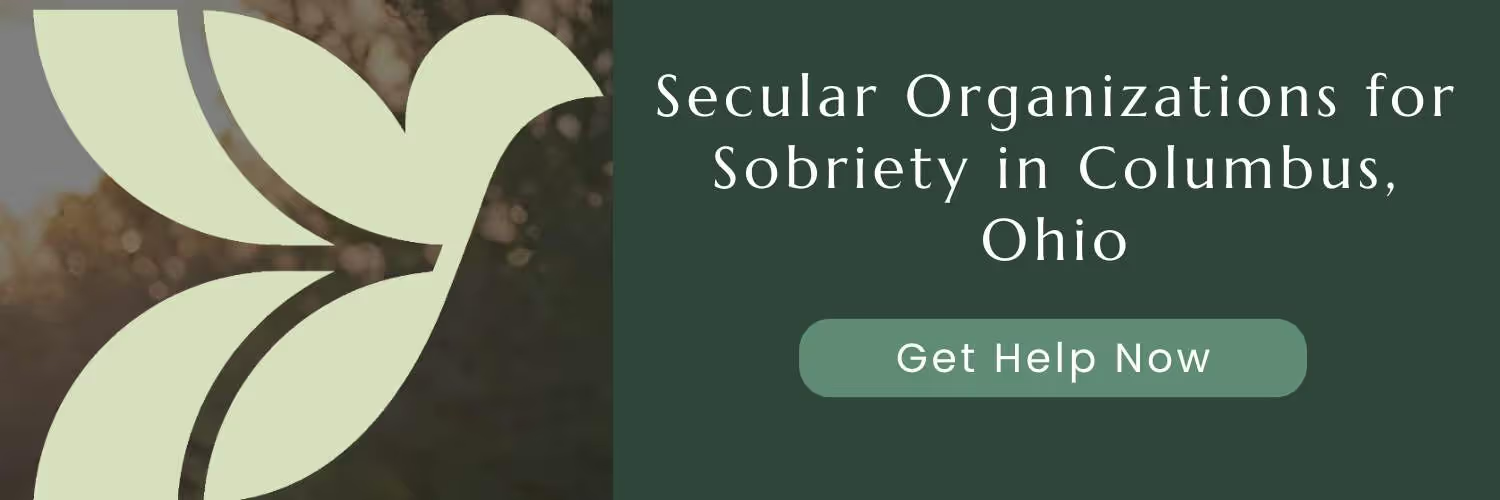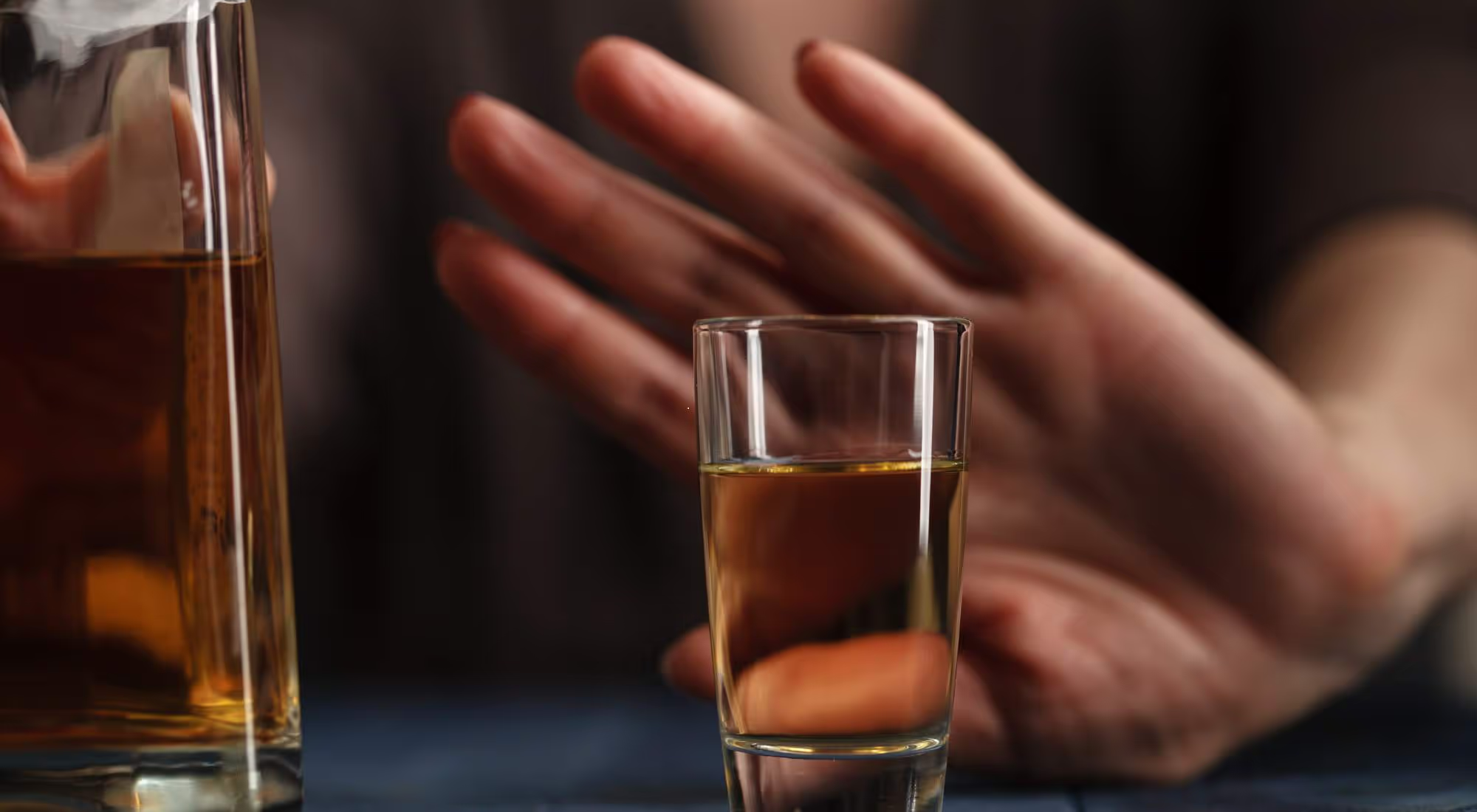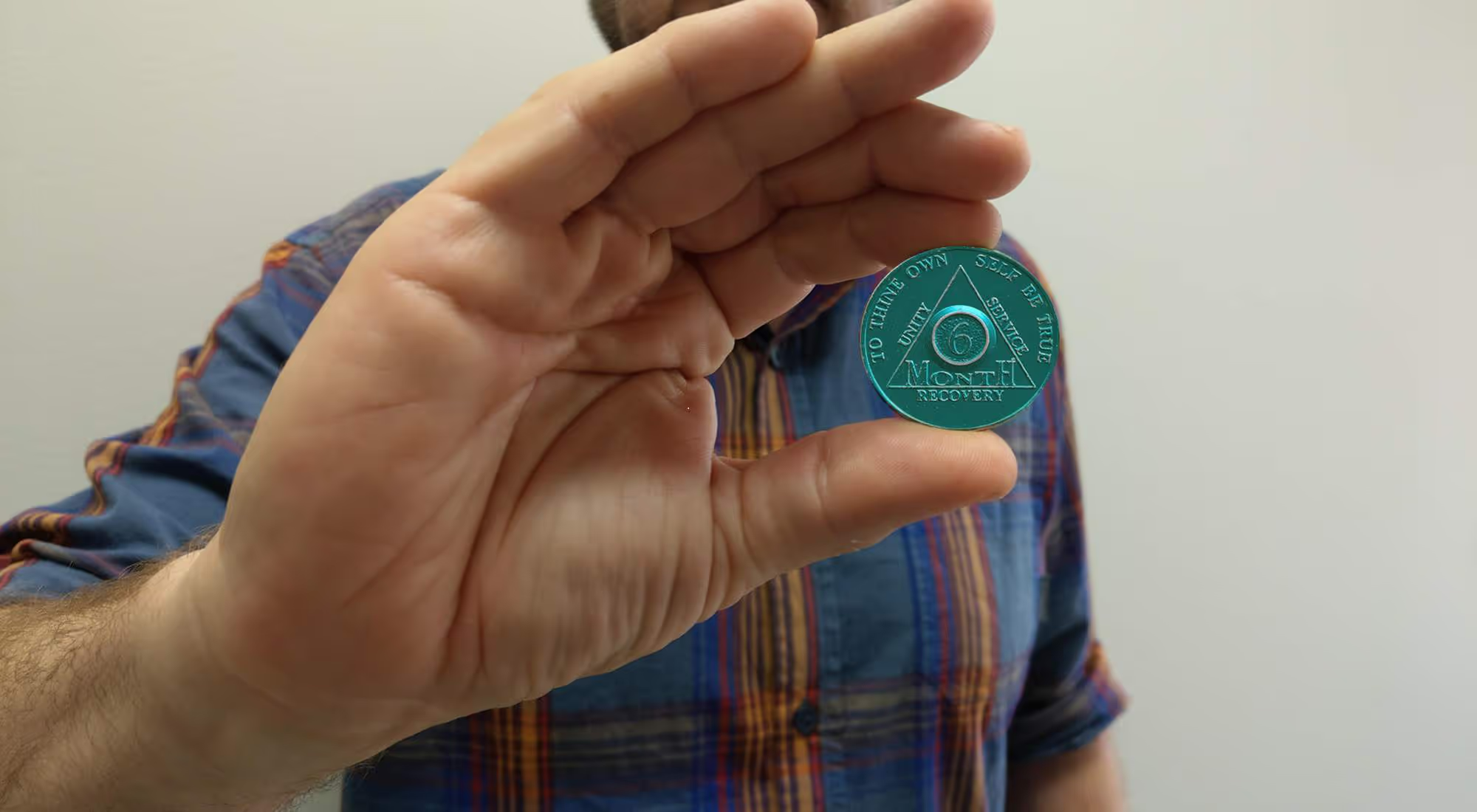Recovery for Everyone: Exploring Secular Organizations for Sobriety

Finding the right support group is one of the most important steps in recovery. When the group feels like a good fit, it’s easier to keep showing up, to stay engaged, and to build a recovery that lasts.
There are many options available — you simply need to explore them to discover the community that feels right for you.
In this article, we’ll take a closer look at the Secular Organization for Sobriety (SOS), its differences from faith-based programs, and the reasons some people prefer a secular approach. We’ll also share how Dove Recovery provides evidence-based, compassionate care that supports your unique path toward long-term sobriety.
Table of Contents
- What Is the Secular Organization for Sobriety?
- How Are Secular and Faith-Based Recovery Programs Different?
- 3 Reasons Why People May Prefer Secular Organizations for Sobriety
- Dove Recovery: Offering Secular Solutions for Sobriety To Strengthen Your Hand Against Addiction
Secular Organizations for Sobriety (SOS), also known as Save Our Selves, is a non-profit network of autonomous addiction recovery groups that provide an alternative to spiritually based programs. While Alcoholics Anonymous (AA) remains the largest and most well-known support group for alcohol use disorders, some individuals prefer a path that does not involve religious or spiritual elements, like SOS does.
SOS emphasizes:
- Personal responsibility
- Rational decision-making
- Mutual support
Members are encouraged to place sobriety above all else and to use reason and accountability as guiding principles in recovery. Many people participate in SOS alongside other programs such as AA, choosing the blend of support that works best for their recovery journey.
At Dove Recovery, we understand that there isn’t a single path to healing. That’s why our programs are tailored to meet your preferences and needs — whether you find strength in a secular group like SOS, prefer other peer support models, or simply need a structured treatment plan tailored to your life.
Guidelines for Sobriety
Members of Secular Organizations for Sobriety follow a set of principles designed to keep recovery practical, honest, and sustainable. These guidelines serve as daily reminders that sobriety must remain the top priority:
- Acknowledgment: Recognize openly that substance use disorder is part of your life, commit to facing it without denial, and celebrate your victories.
- Daily Commitment: Reaffirm each day the decision to remain substance-free, understanding that drinking or using is not an option.
- Taking Action: Be willing to take whatever steps are needed to protect sobriety, both now and in the future.
- Consistency Through Challenges: Stay sober no matter what — whether facing stress, uncertainty, or difficult emotions.
- Mutual Support: Share thoughts and experiences in confidence with others who are also committed to recovery.
- Personal Responsibility: Place sobriety above all else, knowing that each individual is ultimately responsible for their own recovery journey.

Secular and faith-based programs both help people stop using substances and build healthier lives. The difference is in what they see as the foundation for recovery:
- Faith-based programs center on belief in God or a higher power for strength and guidance.
- Secular programs focus on personal choice, practical tools, and accountability without religious elements.
Knowing the difference makes it easier to choose the kind of support that fits your needs.
Key Aspects of Secular Organizations For Sobriety
Groups like SOS give people a recovery option without spiritual or religious language. They focus on skills and habits that support long-term sobriety, such as:
- Using reason and accountability to make healthier choices
- Peer support from others who share the same goal of sobriety
- Stress management through mindfulness or relaxation techniques
- Building stronger coping skills and problem-solving strategies
- Encouraging inclusivity, no matter what someone believes or doesn’t believe
The goal is to retrain the mind and strengthen resilience in everyday life.
Key Aspects of Faith-Based Recovery Programs
Faith-based programs vary by tradition, but they share the belief that recovery includes spiritual growth. Common features are:
- Encouraging reliance on God or a higher power
- Practices like prayer, scripture study, or worship
- Support from a faith community or fellowship group
- Teaching forgiveness of self and others
- Finding purpose by serving others and living out spiritual values
This approach resonates with people who want their recovery to be rooted in faith as well as lifestyle changes.

The choice between a secular or faith-based recovery program is deeply personal. For some, religious belief is central to their recovery. For others, it can feel like an obstacle. The reasons vary, but there are a few common themes that help explain why someone might choose a secular path.
Secular programs place sobriety at the center without requiring a spiritual framework. This approach can be especially meaningful for people who have had negative experiences in religious environments, do not believe in a higher power, or feel faith-based recovery overlooks the physical realities of substance use disorder. In these cases, a secular model provides a practical, supportive alternative — one that respects each person’s beliefs while focusing on evidence-based tools and mutual support.
Below are three common reasons people may choose secular recovery programs:
#1: They’ve Had Negative Experiences in Faith-Based Settings
Not everyone feels comfortable in religious environments. Some people have lived through painful or even traumatic experiences in church settings. Others may have felt judged or stigmatized because of their substance use.
When those feelings are tied to faith, it can make a faith-based recovery program feel unsafe or unhelpful. Secular programs give people another option — one where the focus is on recovery itself, without religious pressure.

#2: They Do Not Believe in a Higher Power
Some people simply don’t believe in a higher power, so starting recovery from that point doesn’t make sense for them. For others, the idea of surrendering control to something outside themselves feels disempowering.
Instead of seeing strength in reliance on a higher power, they may feel weaker or less capable. Secular programs offer an alternative by focusing on personal responsibility and practical tools, giving people a way forward that aligns with their own beliefs.
#3: There’s a De-Emphasis on the Physical Nature of the Problem
In some faith-based recovery settings, the focus leans heavily on spiritual growth while the physical realities of substance use disorder get less attention. When the struggle is described mainly as a matter of faith, it can make solutions feel shallow — like being told to “just believe more.”
For many, this overlooks how deeply substance use disorder affects the brain and body. When the physical side of the problem isn’t acknowledged, people may feel misunderstood or unheard. Secular programs place stronger emphasis on the science of recovery, combining practical tools with peer support to address both the mental and physical challenges of staying sober.

Playing the Devil’s Advocate
While some people feel faith-based programs fall short, it’s important to note that they can also be very effective. Religious faith often gives people a deep sense of meaning and purpose, which can be a powerful motivator in recovery. Being part of a faith community also brings comfort, accountability, and encouragement — things that can make a real difference when the road feels difficult.
That said, faith-based recovery isn’t the right fit for everyone. Even for those who are religious, there is value in the secular approach. Following practical, evidence-based strategies for sobriety doesn’t have to negate religious beliefs. It simply adds another layer of support for building and maintaining recovery.
At Dove Recovery, we believe that lasting sobriety begins with care that respects your values, your lifestyle, and your goals. Our outpatient programs are designed for professionals and individuals who need a treatment plan that is both structured and flexible.
With success rates well above industry standards, we are committed to being the last call you’ll ever need to make for help. Even if we aren’t the right fit for your specific needs, we will connect you with the resources that are.
Reach out to Dove Recovery today and take the next step toward a future that is clear, sober, and fully yours.

